Search
Search Results
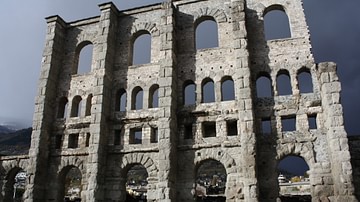
Lesson Pack
Roman Innovations and Architecture
We have prepared two lesson plans including classroom activities, assignments, homework, and keys as well as: Glossary of keywords and concepts in an excel format Open questions adaptable for debates, presentations, and essays Recommended...
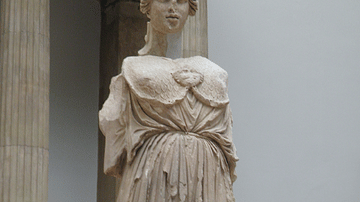
Image
Athena from the Library of Pergamon
A statue of the Greek goddess Athena from the Library of Pergamon. 200-150 BCE. Height: 310.5 cm. (Pergamon Museum, Berlin)
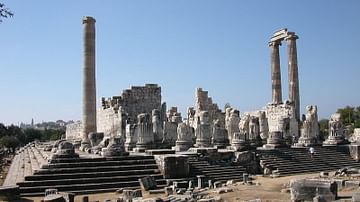
Article
The Temple of Apollo at Didyma
Located about 11 miles south of the ancient port city of Miletus on the western coast of modern-day Turkey, the Temple of Apollo at Didyma or Didymaion was the fourth largest temple in the ancient Greek world. The temple's oracle, second...
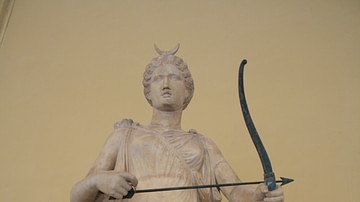
Image
Artemis
A 2nd century CE Roman statue of the Greek goddess of hunting Artemis. The statue is a copy from a mid-4th century BCE Greek original. Weapons in bronze were commonly added to marble sculpture, such as the bow here. (The Vatican Museums...
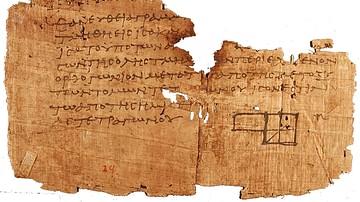
Definition
Ancient Greek Science
Ancient Greek science is a modern term for the application of systematic inquiry into the individual, the world, and the universe, which began in Ionia in the 6th century BCE with Thales of Miletus (l. c. 585 BCE) and continued through the...
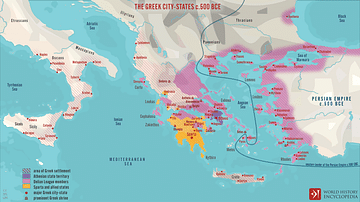
Definition
Polis
A polis (plural: poleis) was the typical structure of a community in the ancient Greek world. A polis consisted of an urban centre, often fortified and with a sacred centre built on a natural acropolis or harbour, which controlled a surrounding...
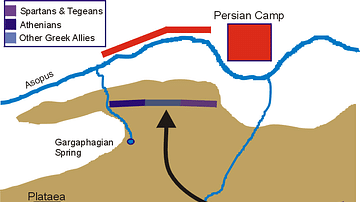
Definition
Battle of Plataea
The Battle of Plataea was a land battle between Greeks and Persians near the small town of Plataea in Boeotia in 479 BCE. Following up their naval victory at the Battle of Salamis in September 480 BCE against the same enemy, the Greeks again...

Definition
Lycurgus
Lycurgus is considered the semi-mythical founder of classical Sparta and responsible for all of the city-state’s laws as well as its military and political institutions. He became better known to generations of Spartans as the lawgiver. He...
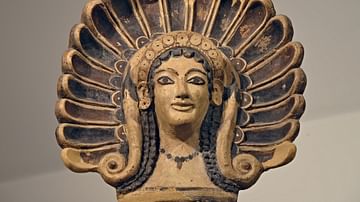
Definition
Etruscan Pottery
Etruscan pottery, produced over five centuries, was nothing if not varied. Indigenous wares such as the glossy black bucchero were made alongside red- and black-figure pottery imitating, yet modifying those produced in the Greek world. Geometric...
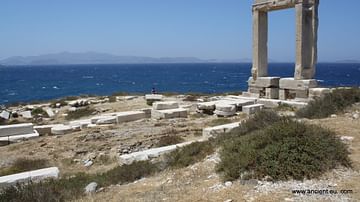
Definition
Naxos
Naxos, with an area of 430 km², is the largest island in the Cyclades archipelago. The island enjoyed its most prosperous periods in the early Bronze Age and again in the Archaic and Classical periods. Naxos in Mythology In certain...